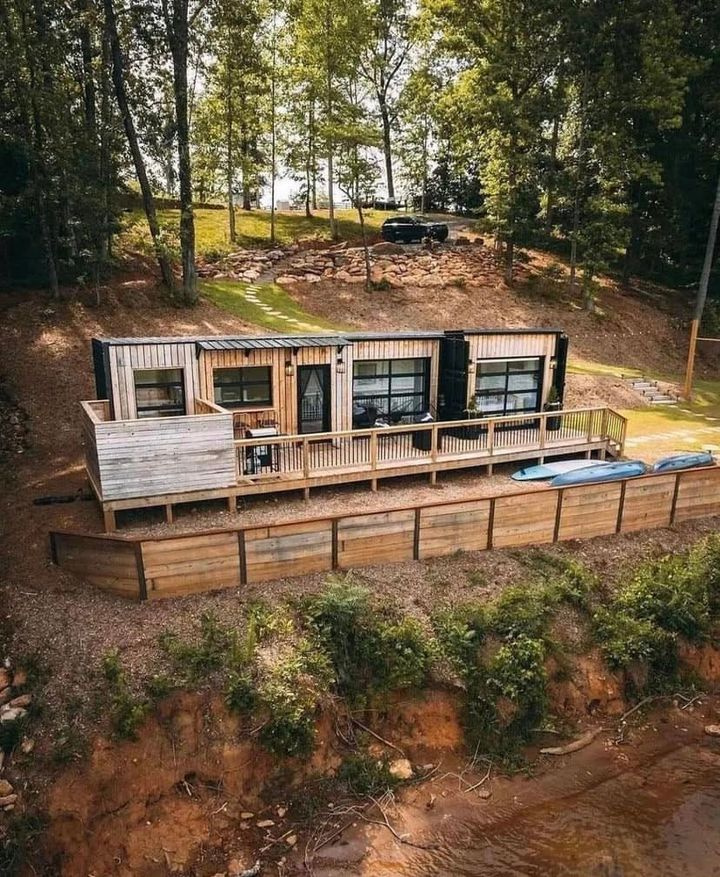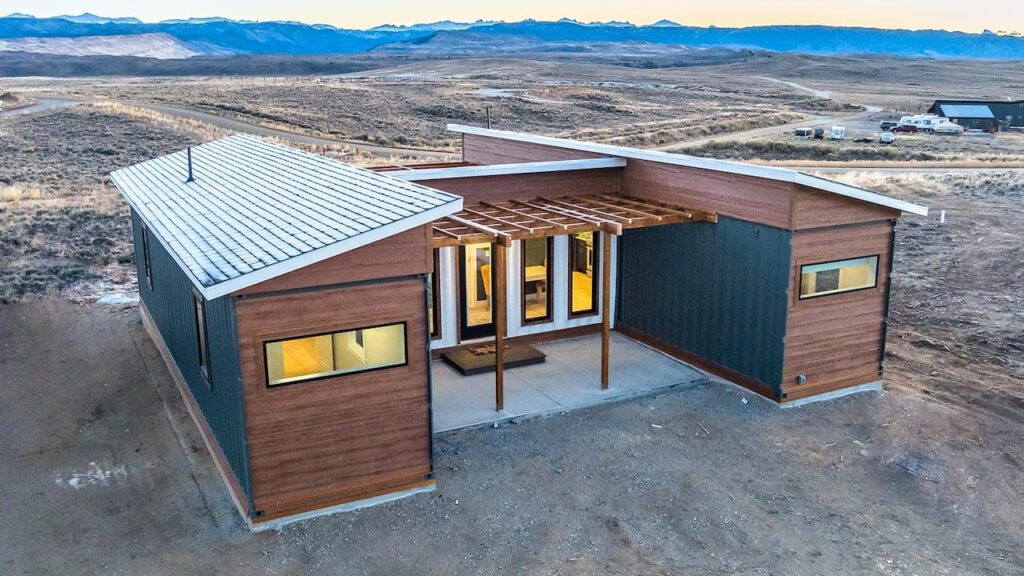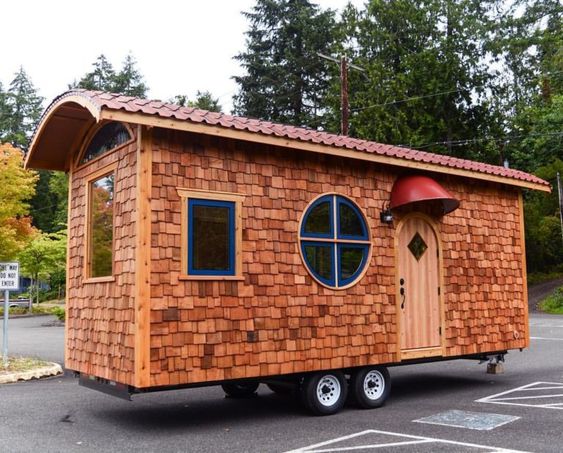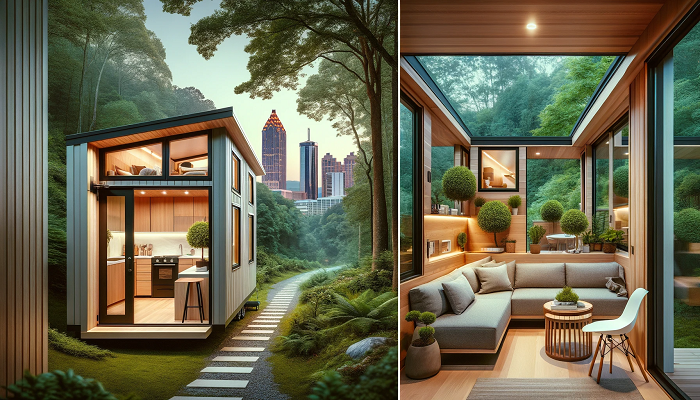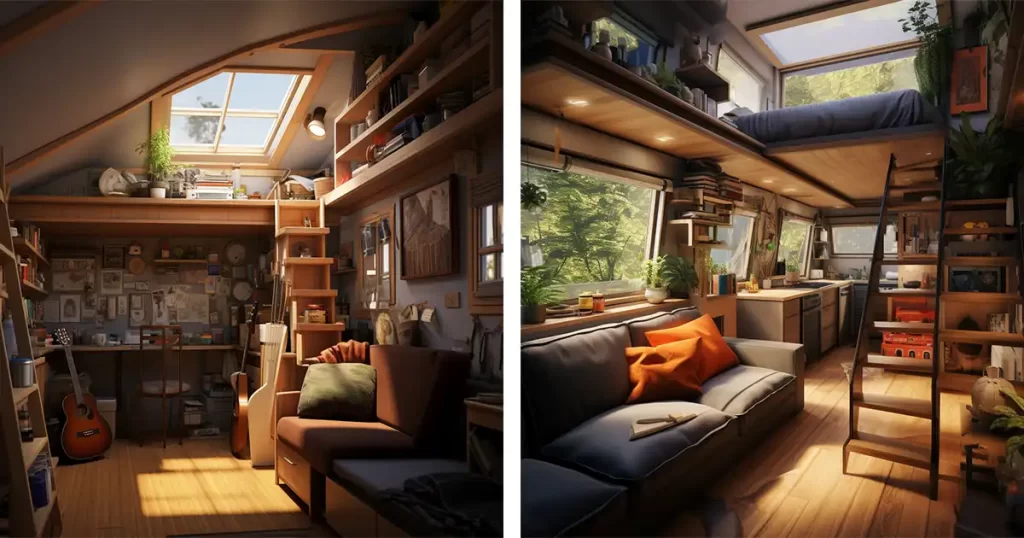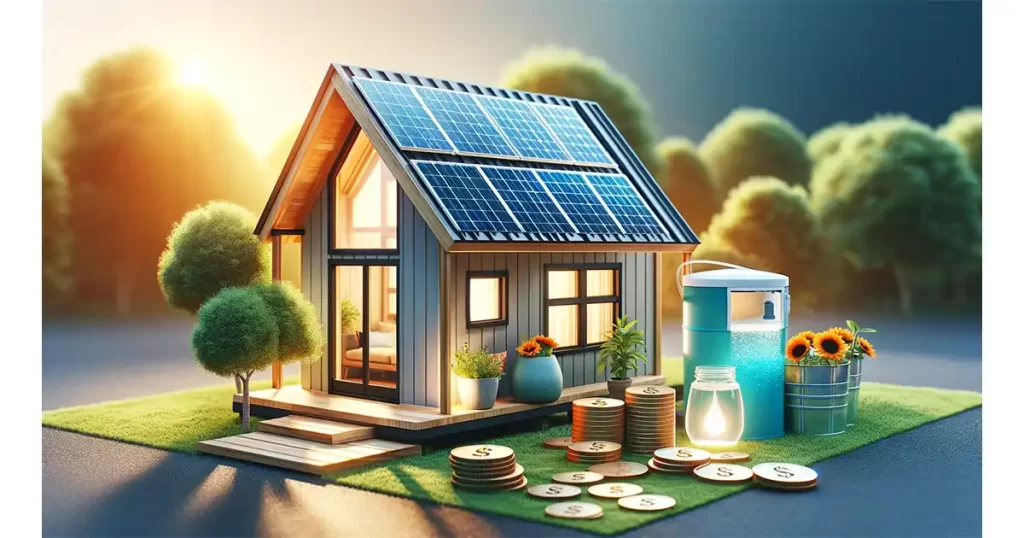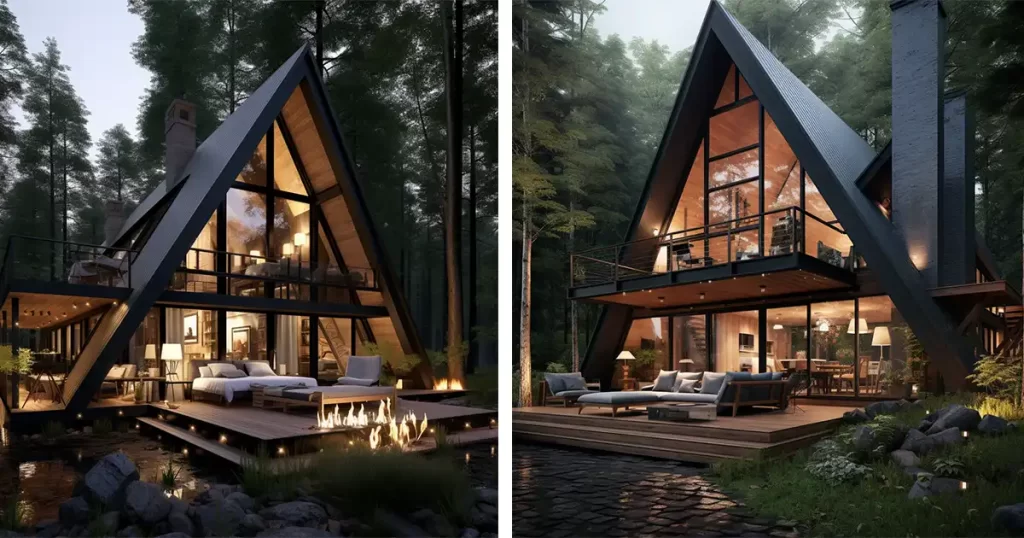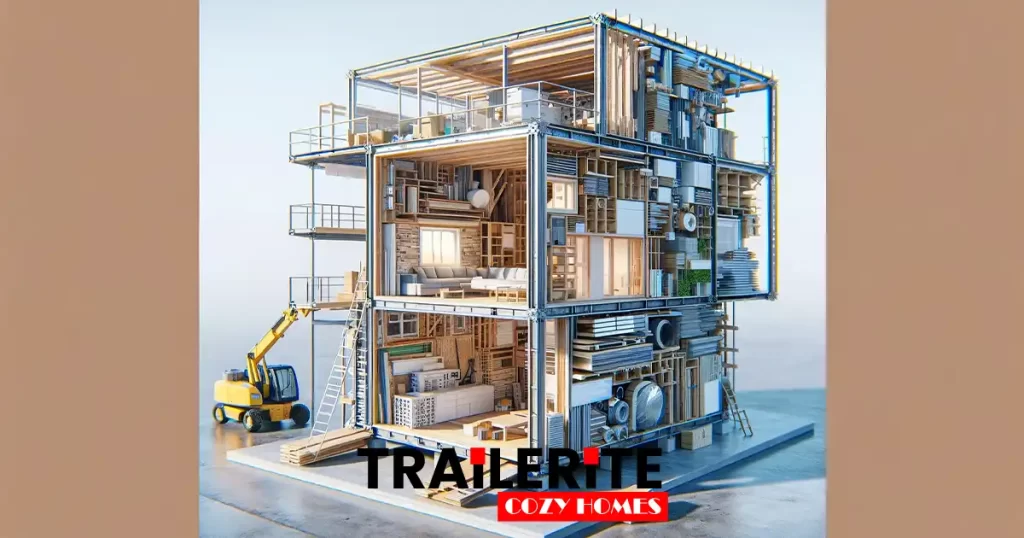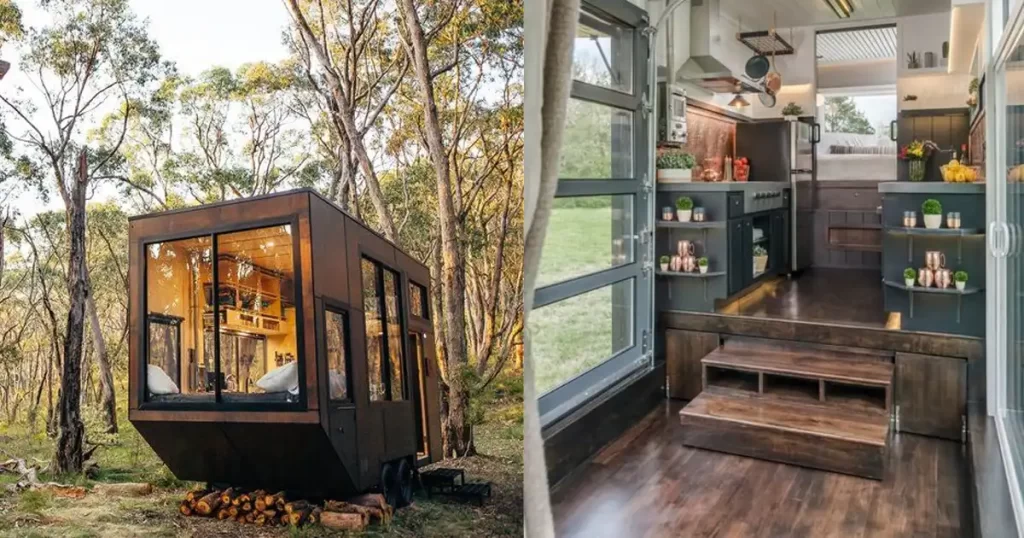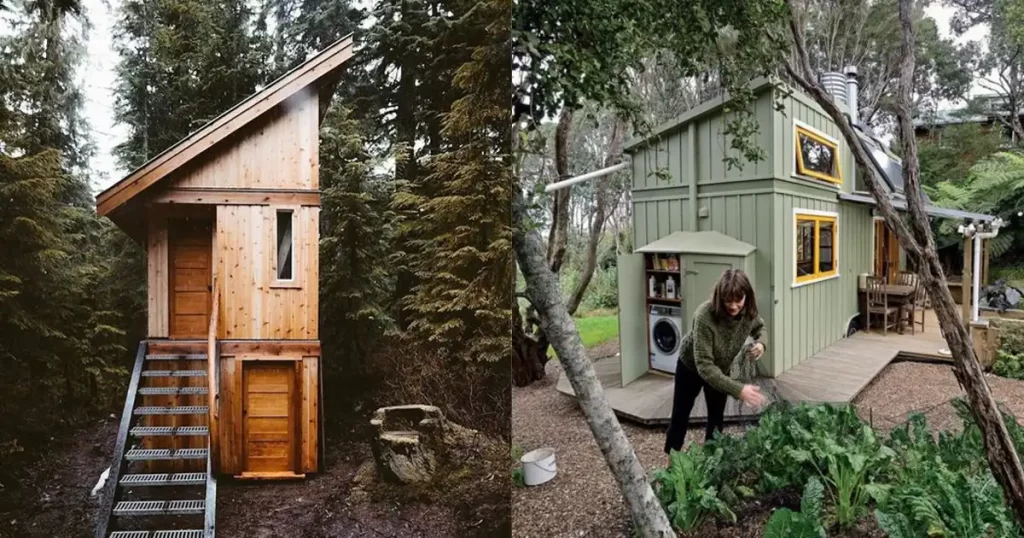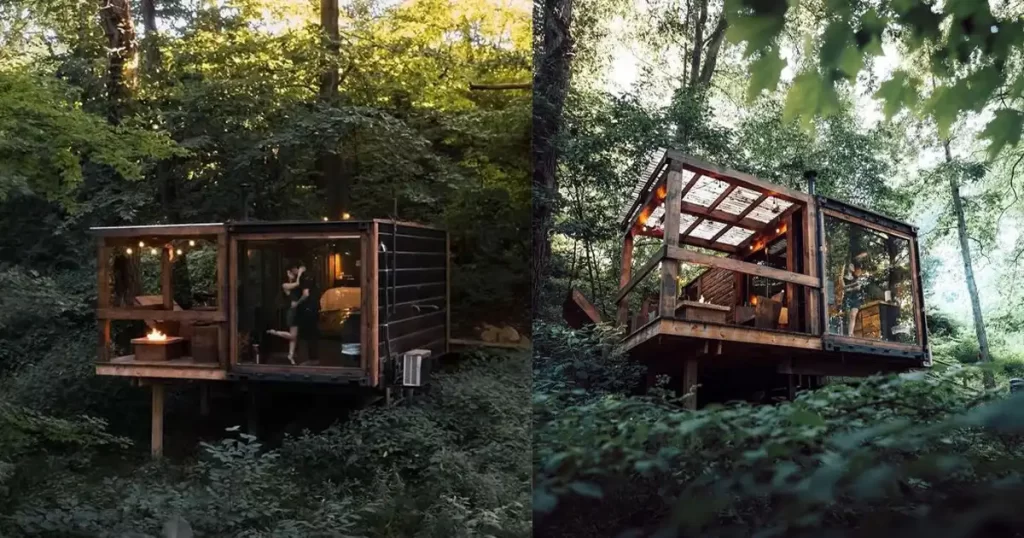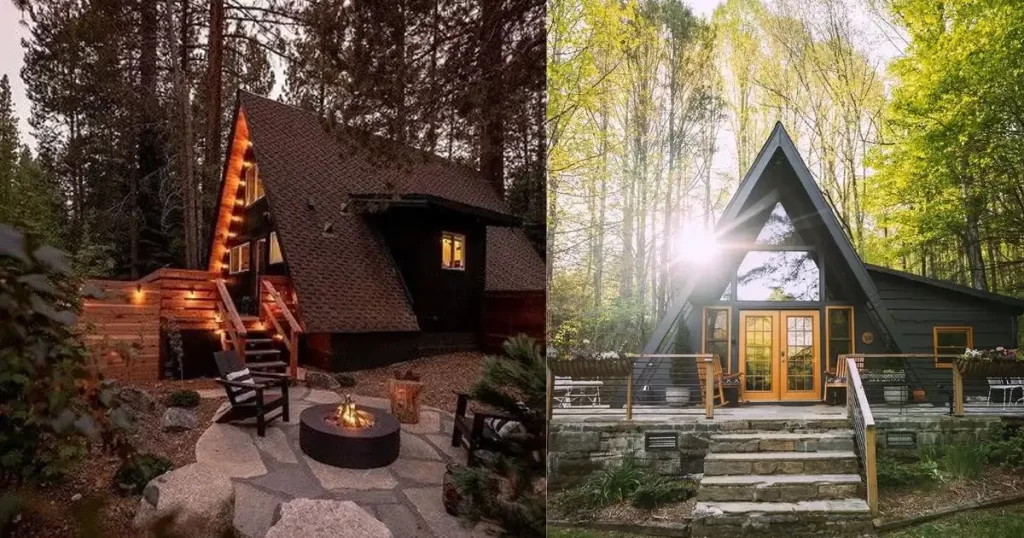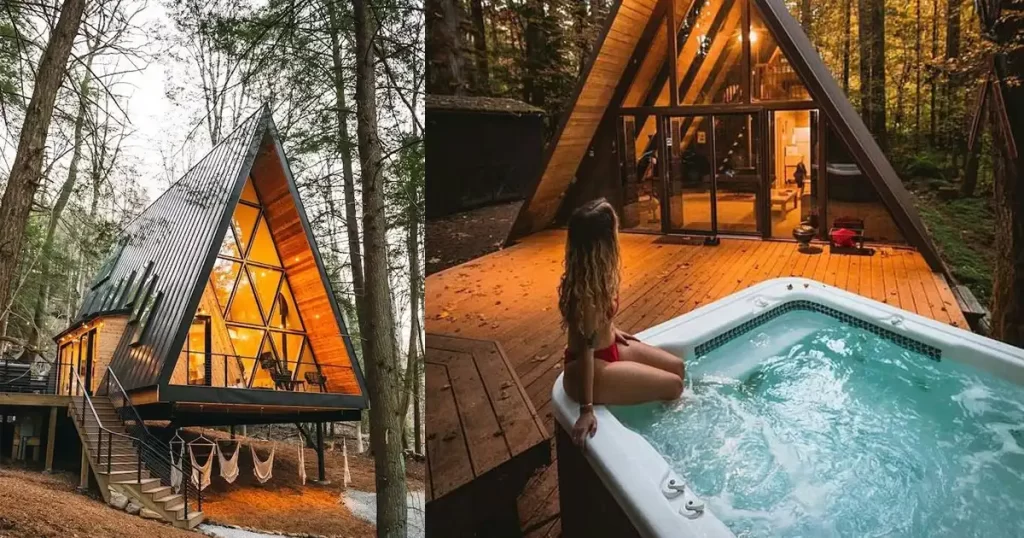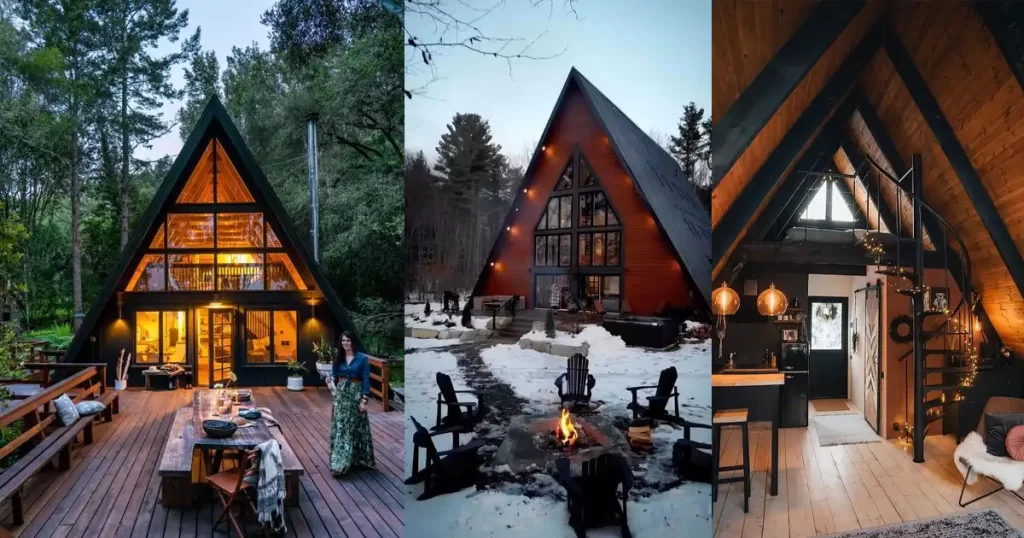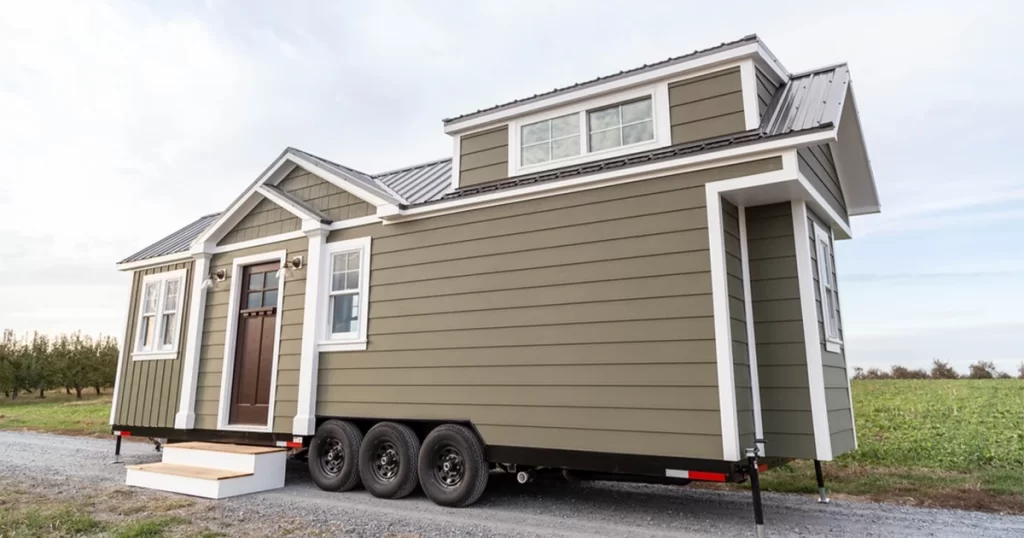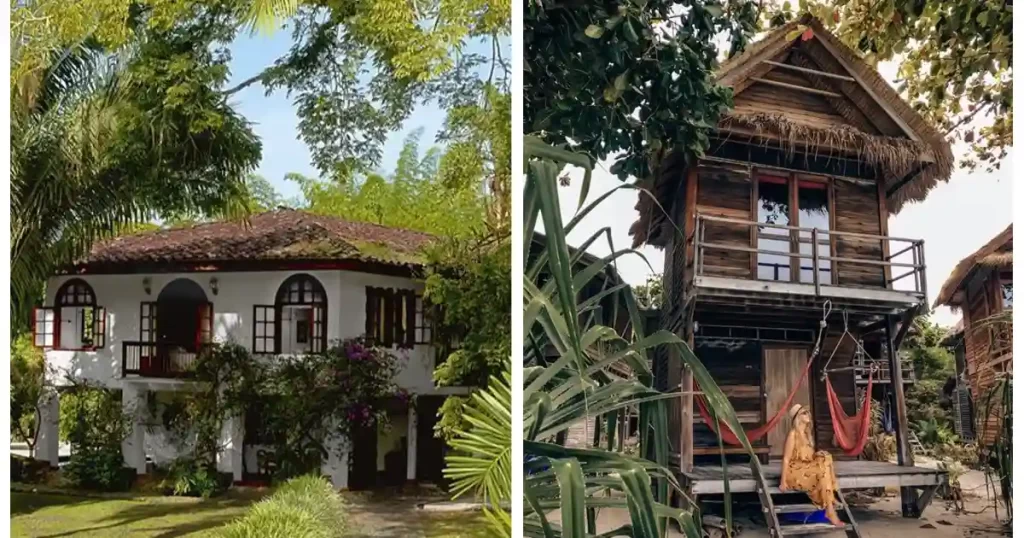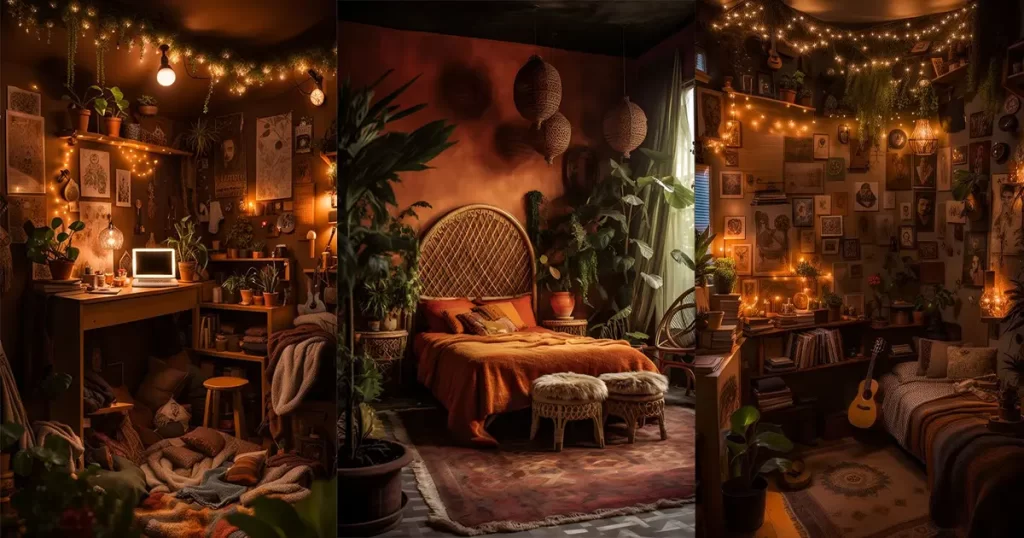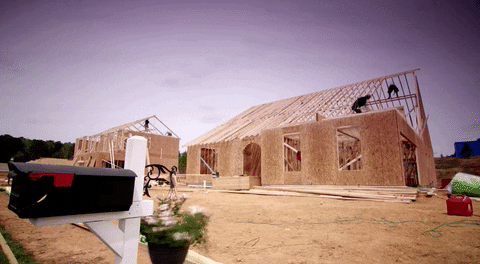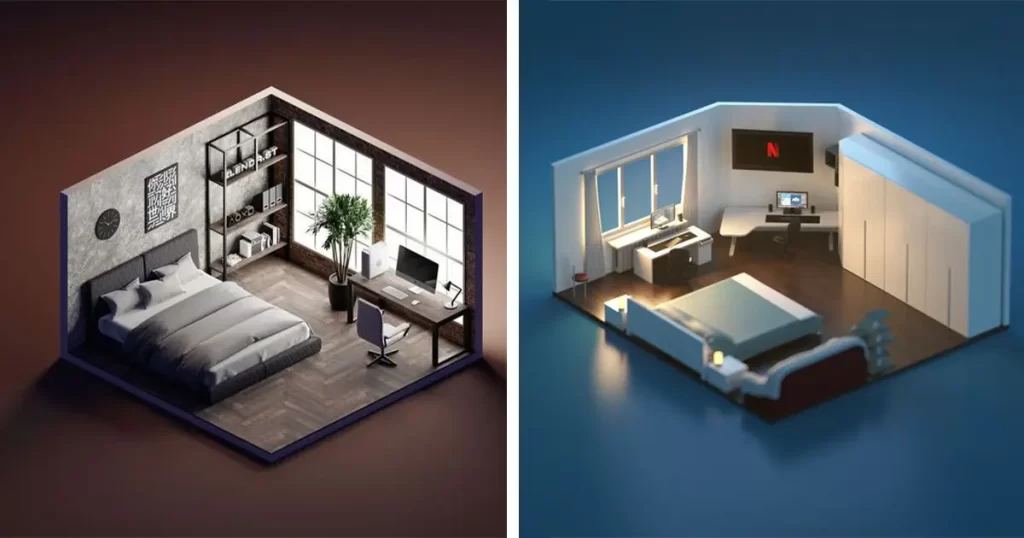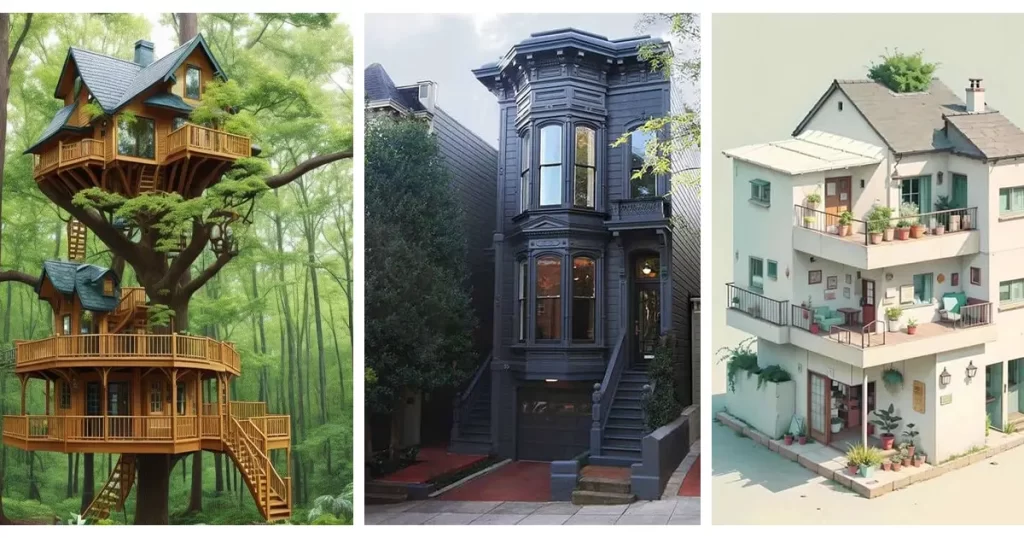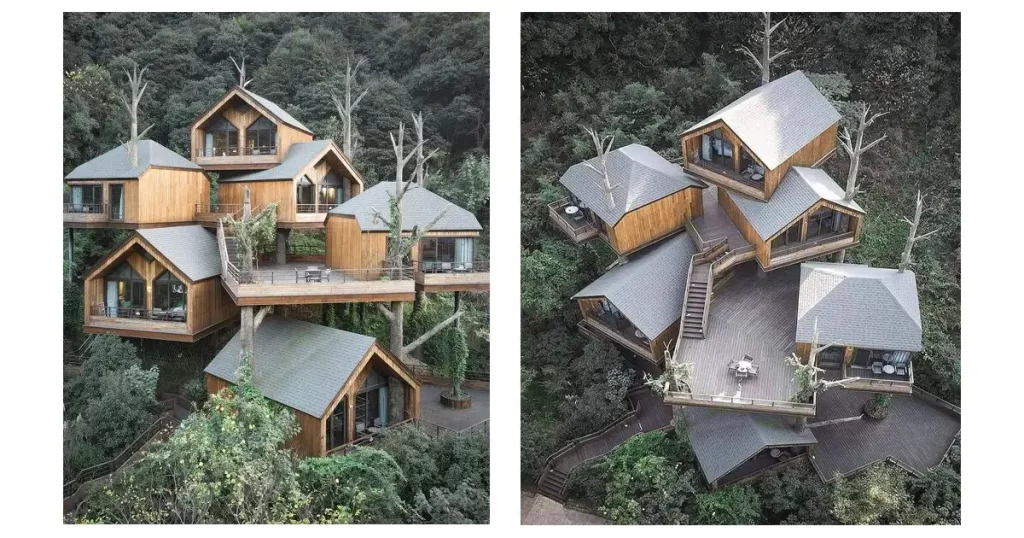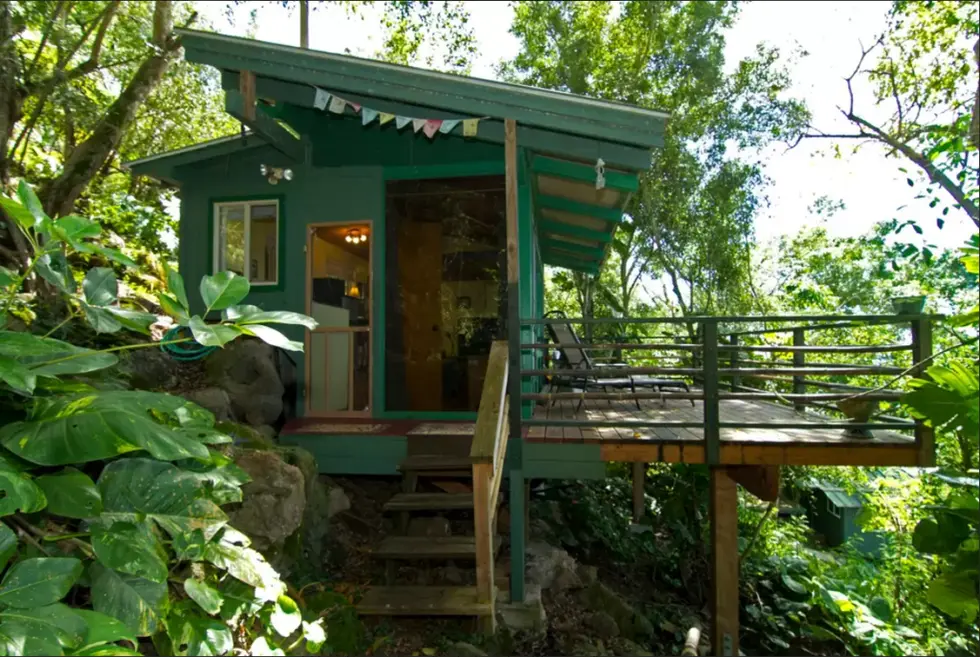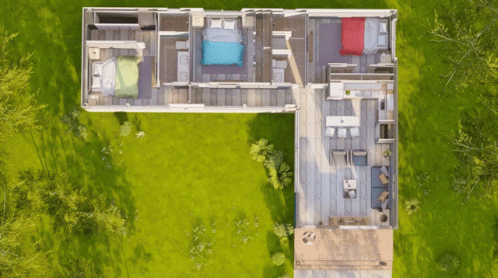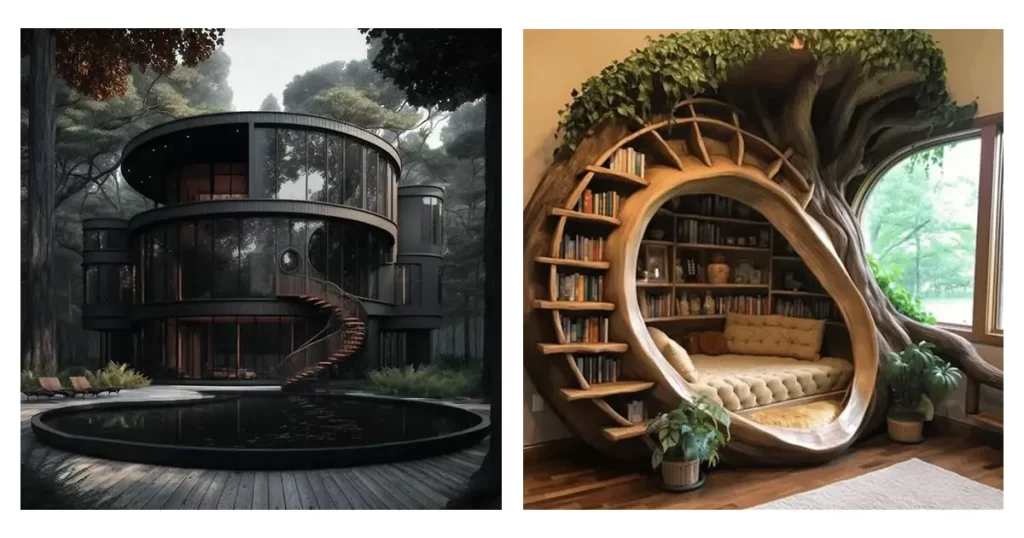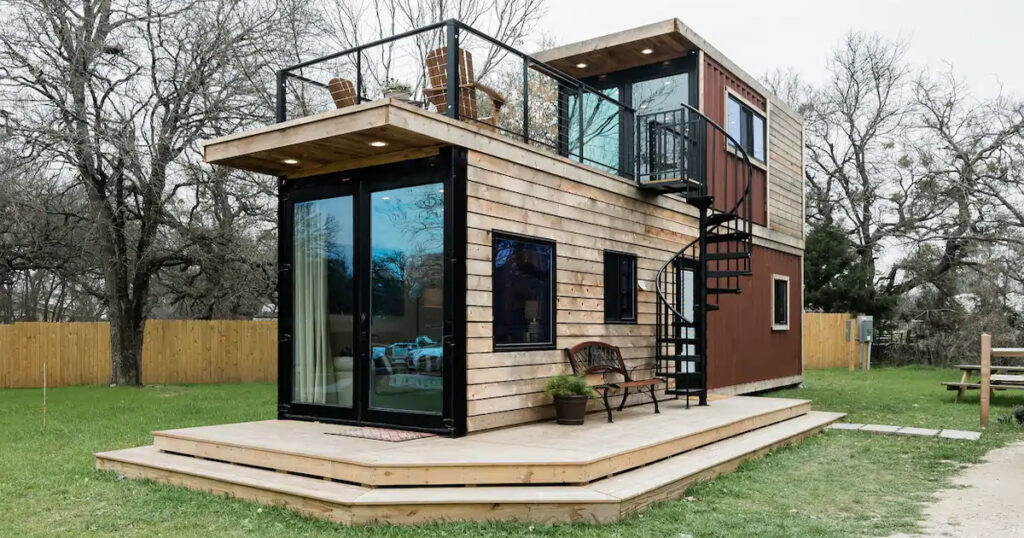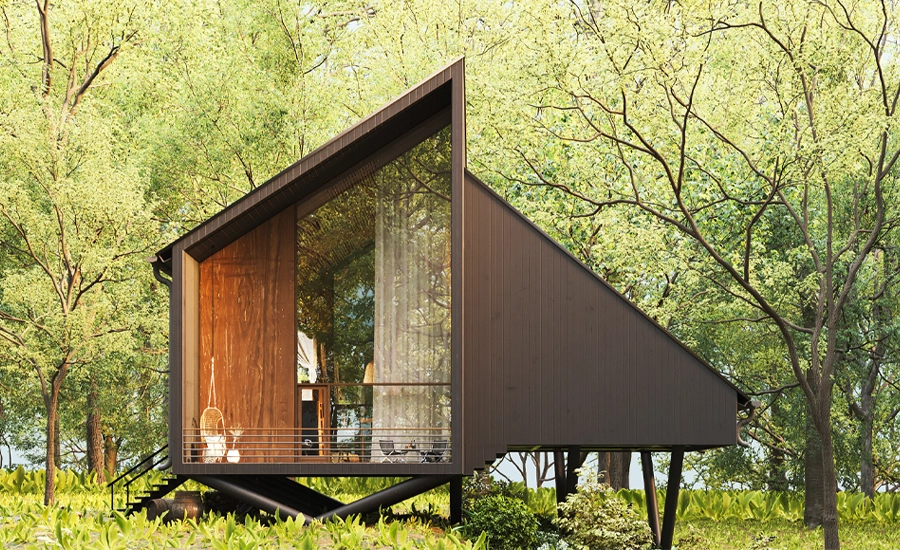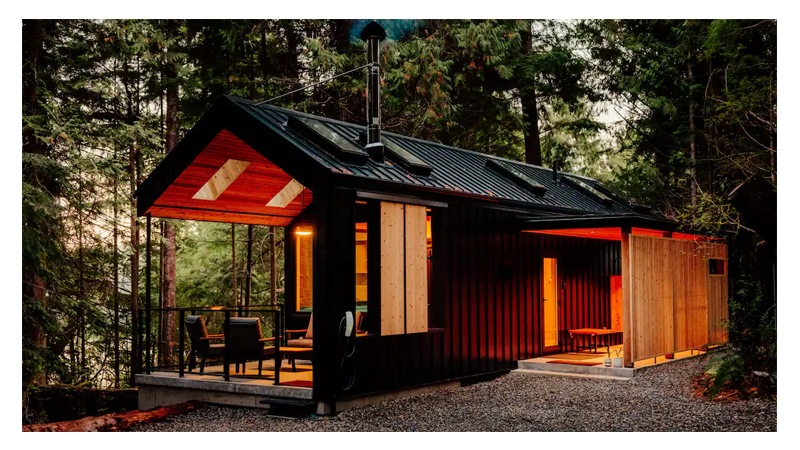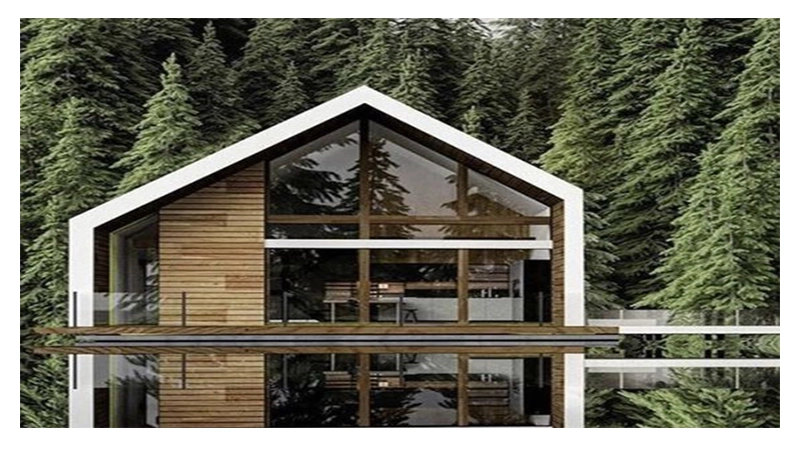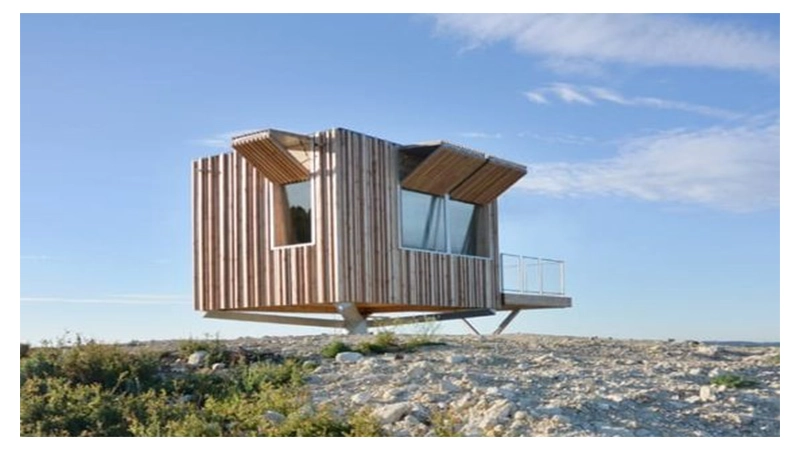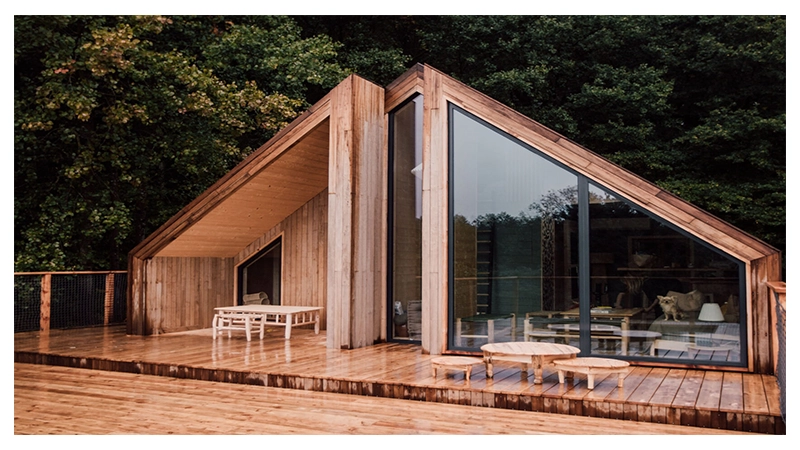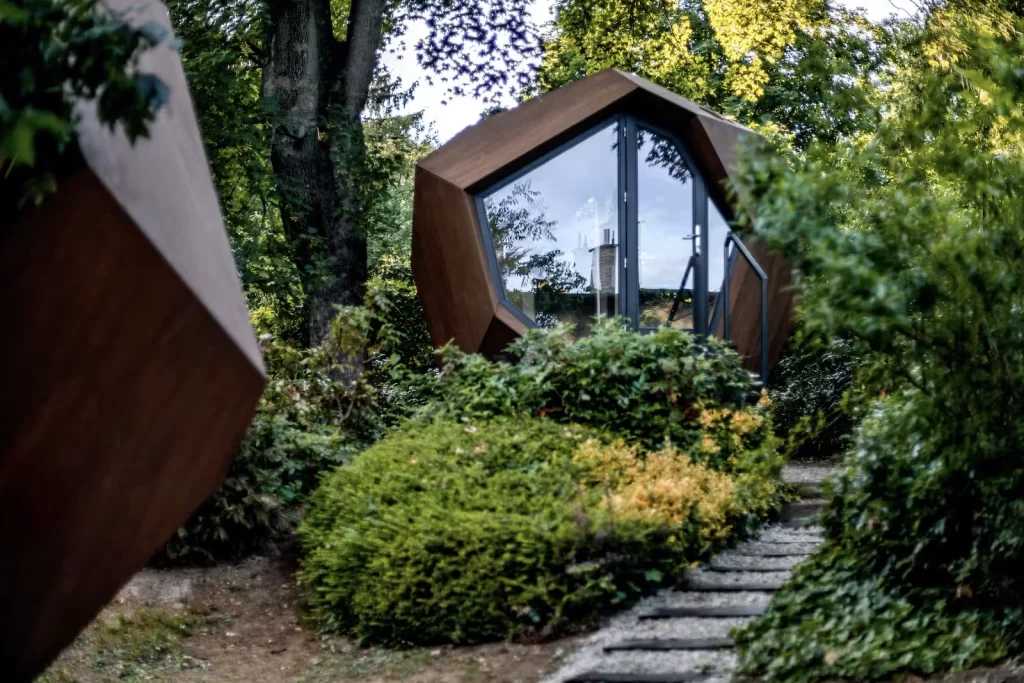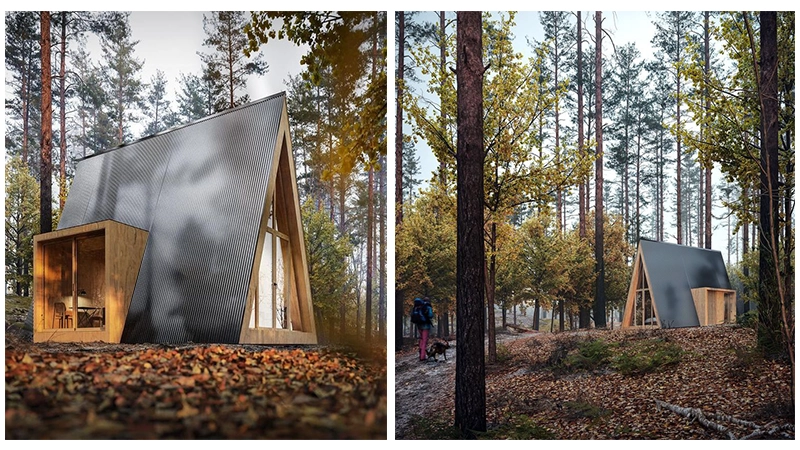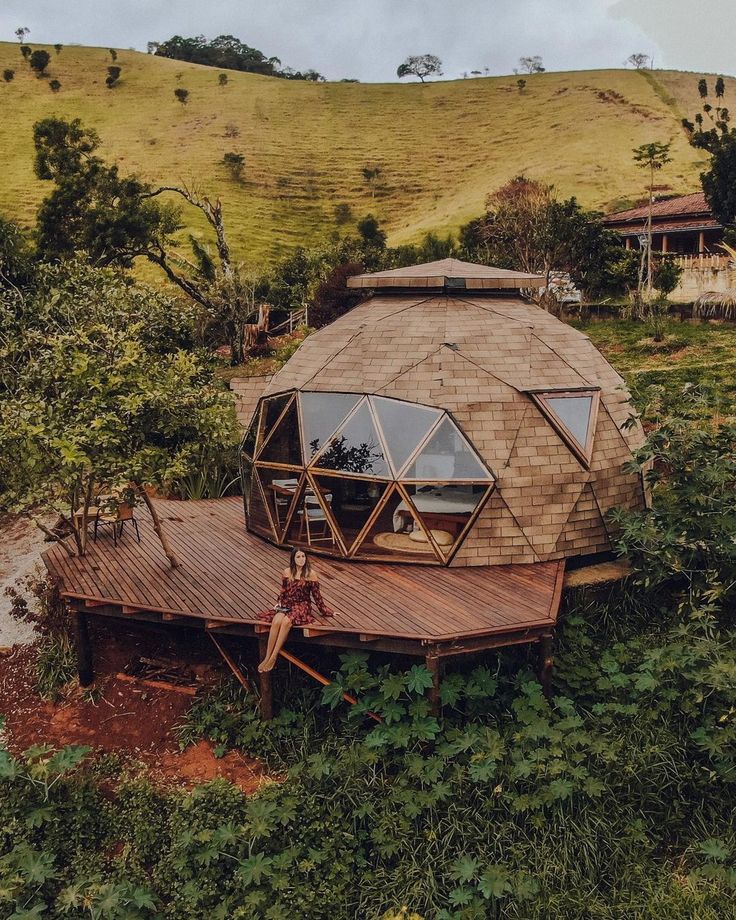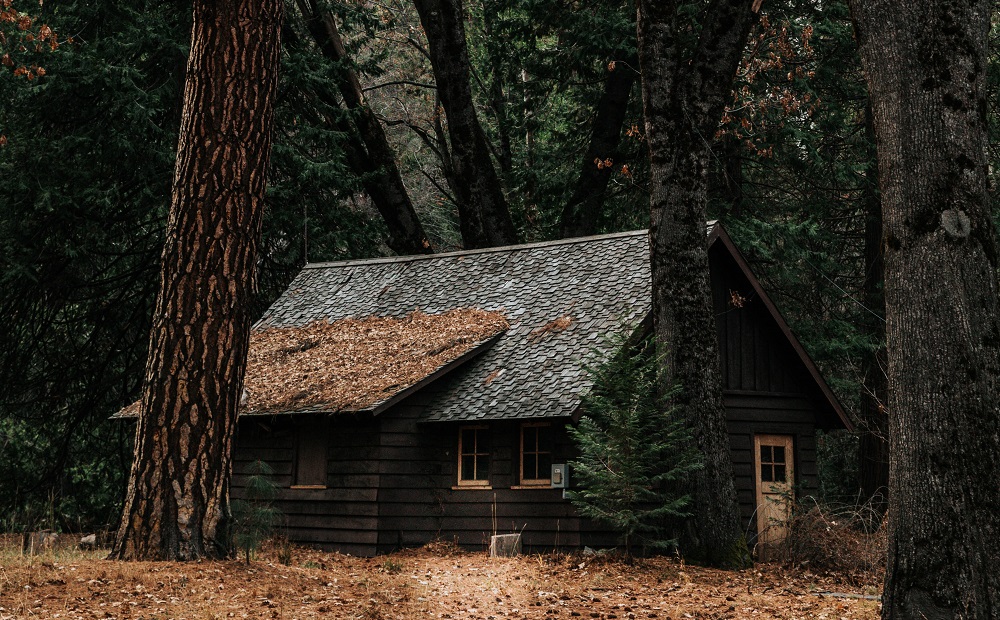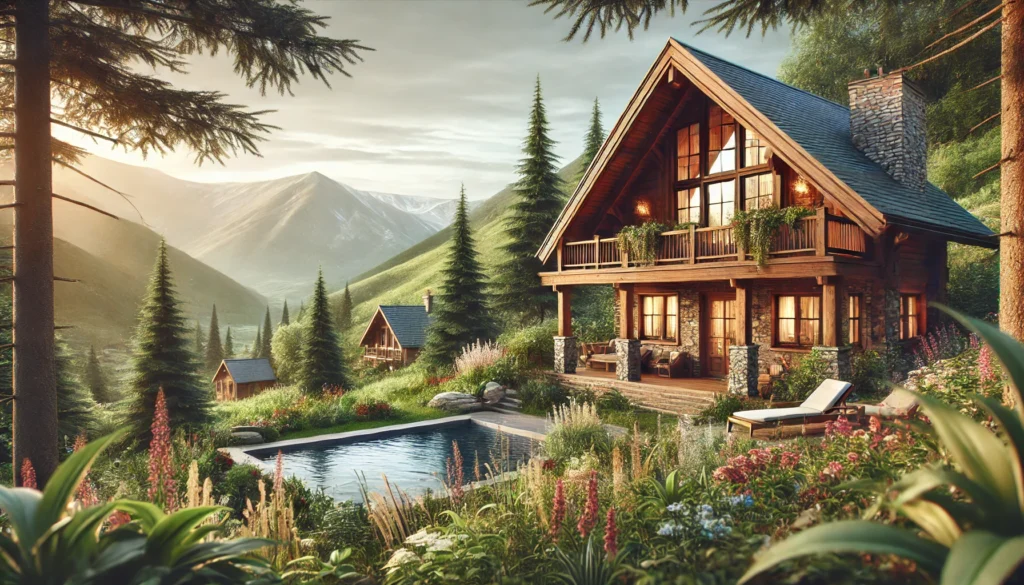
Can I Build My Own Tiny House?

The Tiny House movement has captured the imagination of many, inspiring individuals to seek simpler and more sustainable living options. Building your own Tiny House can be a rewarding and cost-effective endeavor, allowing you to customize your living space to fit your needs and values. In this blog post, we will explore whether you can build your own Tiny House, determine the space requirements, identify the materials needed, and discuss essential steps for designing your dream Tiny Home. We will also address the topic of building a Tiny House on a budget.

Tiny House
The answer is a resounding “Yes!” Building your own Tiny House is entirely possible, and it has become a popular choice for those seeking a more hands-on approach to homeownership. While constructing a Tiny House requires some basic construction skills and knowledge, there are abundant resources available, including online tutorials, workshops, and guidebooks, to help you through the process.
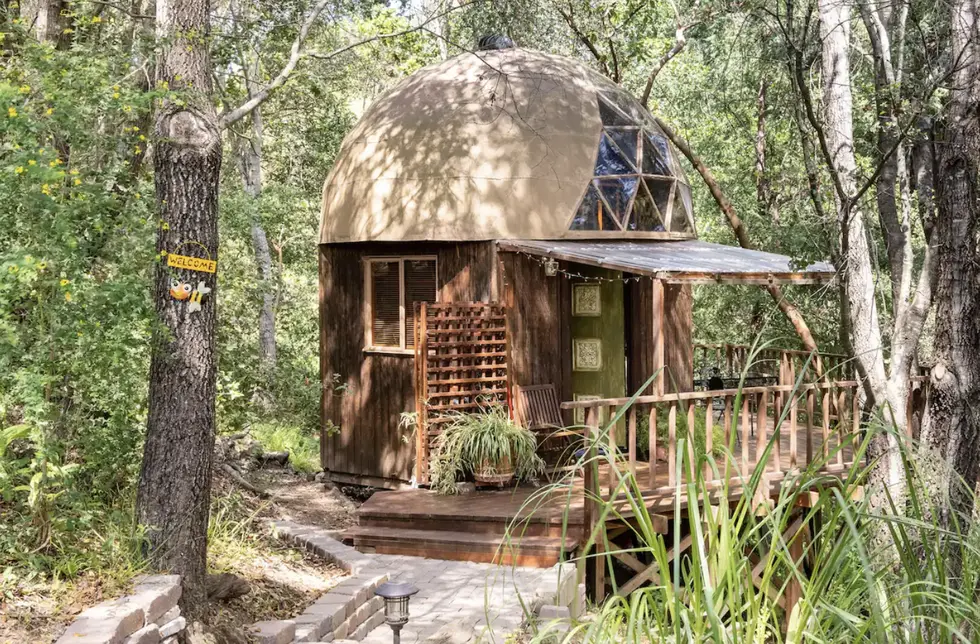
Tiny House
How Much Space Do I Need?
One of the significant advantages of a Tiny House is its compact size. The space you need will depend on your lifestyle and preferences. Typically, Tiny Houses range from 100 to 400 square feet (approximately 9 to 37 square meters), but you can customize the size to fit your specific requirements.
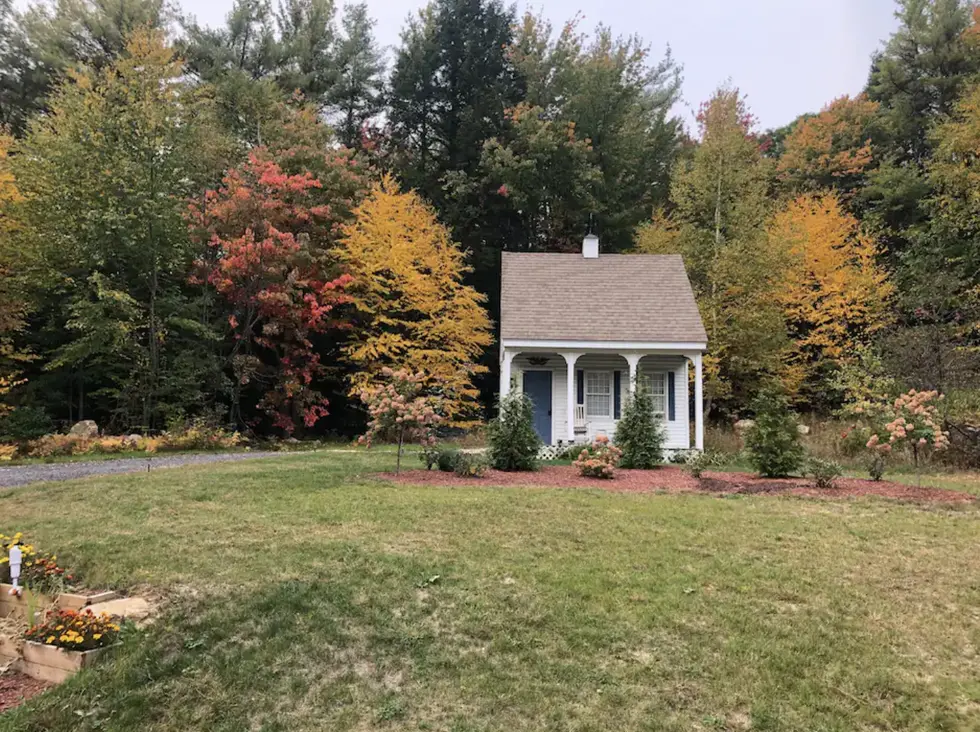
Tiny House Design Ideas
Consider the number of occupants and their needs when determining the space requirements. Keep in mind that clever design solutions, such as lofted sleeping areas and multi-functional furniture, can optimize the use of limited space.
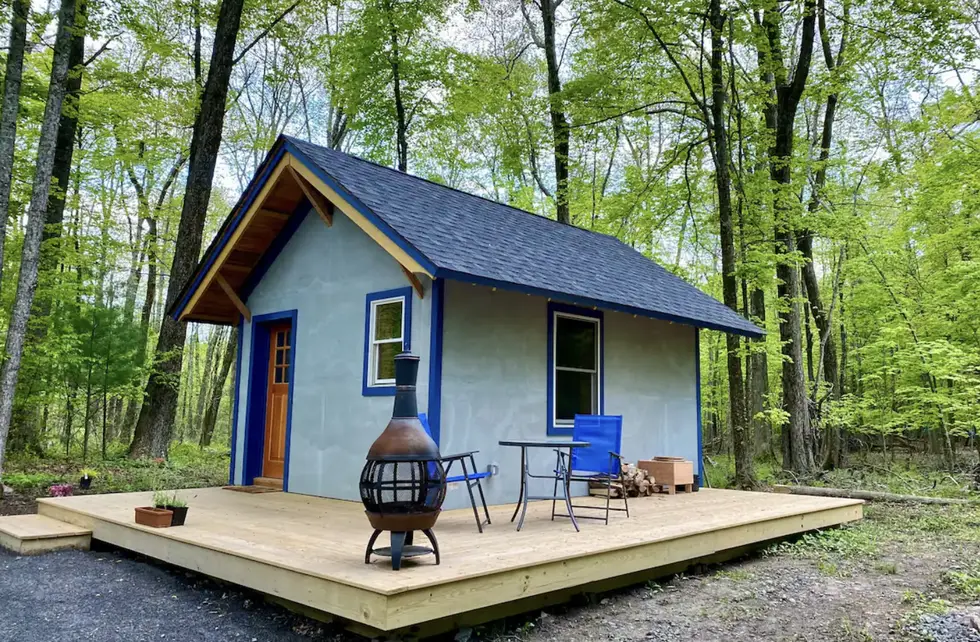
Tiny House Design Idea
What Materials Do You Need to Build a Tiny House?
Choosing the right materials is essential for the construction and long-term sustainability of your Tiny House. Commonly used materials include:

Tiny House
Structural Materials: For the main structure, you’ll need lumber or steel framing, depending on your preference and budget.
Insulation: Proper insulation is crucial for maintaining a comfortable living environment in all seasons. Consider eco-friendly insulation options like recycled denim or sheep’s wool.
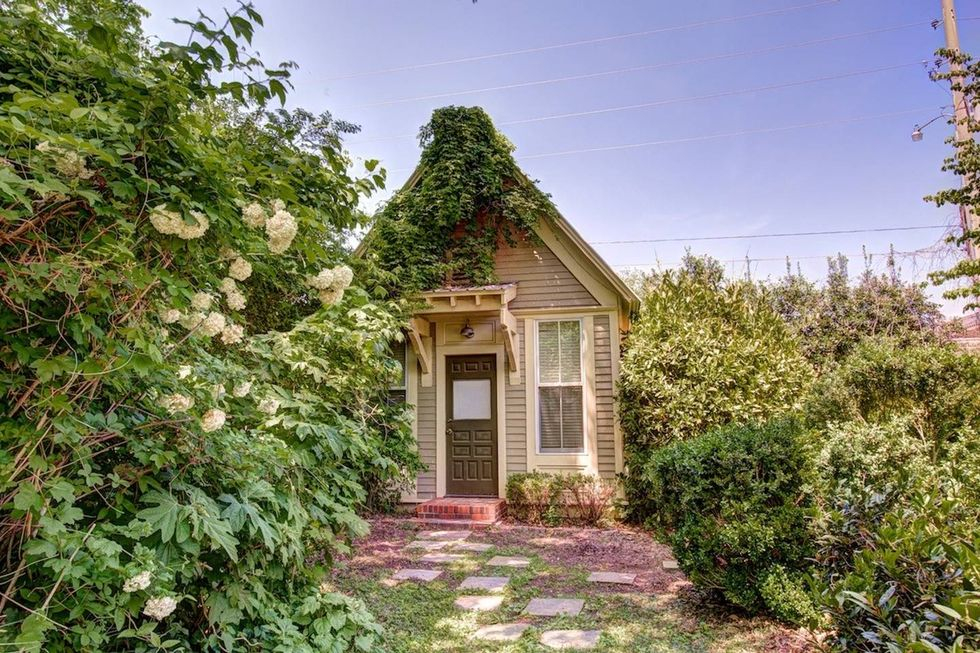
Tiny House Design
Exterior Cladding: Choose weather-resistant and durable siding materials such as cedar, metal panels, or fiber cement boards.
Roofing: Metal roofing is a popular choice due to its durability and low maintenance, but other options like shingles or eco-friendly green roofs are also viable.
Interior Finishes: Opt for lightweight and space-efficient materials for interior finishes, such as bamboo flooring, plywood, and reclaimed wood.

Rental Tiny House
What Should I Do for the Design of My Tiny House?
Designing your Tiny House is a critical phase that requires thoughtful planning. Consider the following aspects:
Layout: Determine the layout that best suits your lifestyle. Focus on optimizing space and ensuring a smooth flow between functional areas.
Storage Solutions: Utilize creative storage ideas to maximize space, such as built-in cabinets, fold-out furniture, and hidden storage compartments.
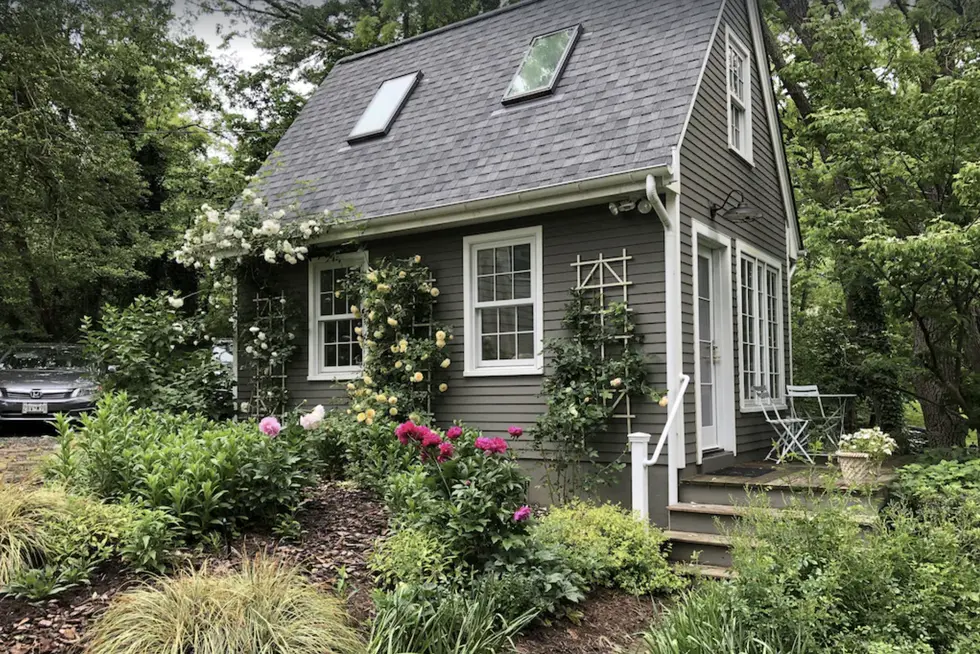
Tiny House
Multi-Functional Spaces: Incorporate multi-functional spaces to make the most out of limited square footage. For example, a dining area that can convert into a workspace.
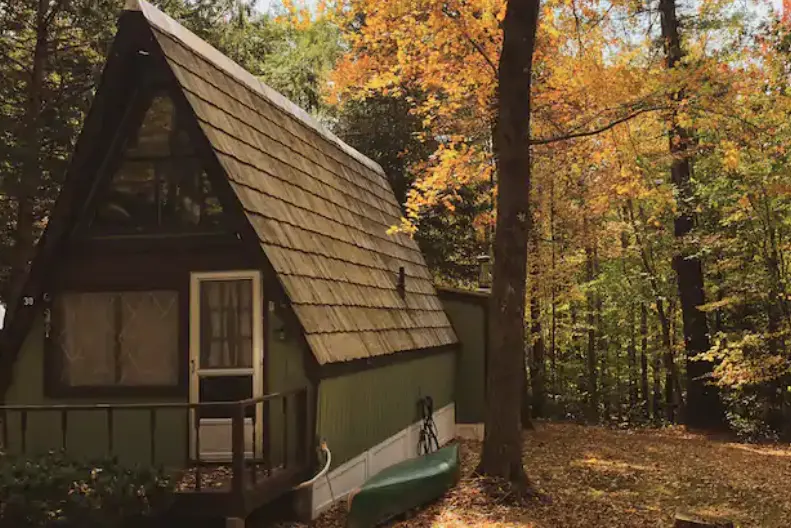
Tiny House Woods
Natural Light: Include ample windows and skylights to make the interior feel more spacious and to connect with nature.
Sustainable Features: Integrate eco-friendly elements, such as solar panels, rainwater harvesting systems, and energy-efficient appliances, to reduce your environmental impact.

Tiny House Woods
How Much Will It Cost for the Cheapest?
Building a Tiny House can be more cost-effective than purchasing a traditional home, but the total cost will still depend on factors like size, materials, and location. For those on a budget, the cheapest option is to build a minimalist Tiny House with simple finishes and self-constructed elements.
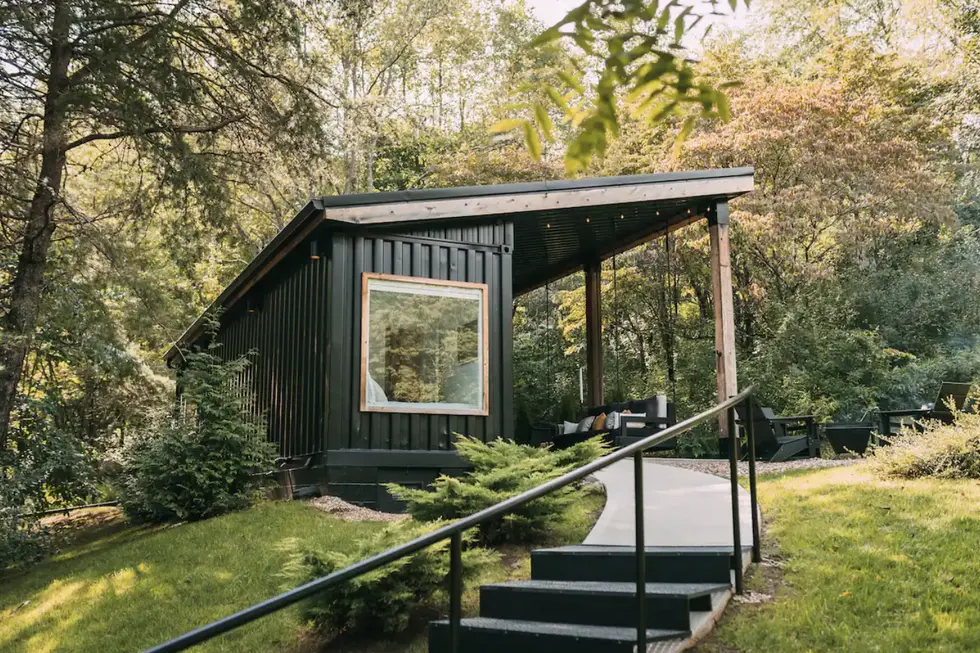
Tiny House
While it’s challenging to pinpoint an exact figure, a DIY Tiny House can cost anywhere from $10,000 to $30,000, depending on various factors. Being resourceful and using reclaimed materials can significantly reduce expenses.
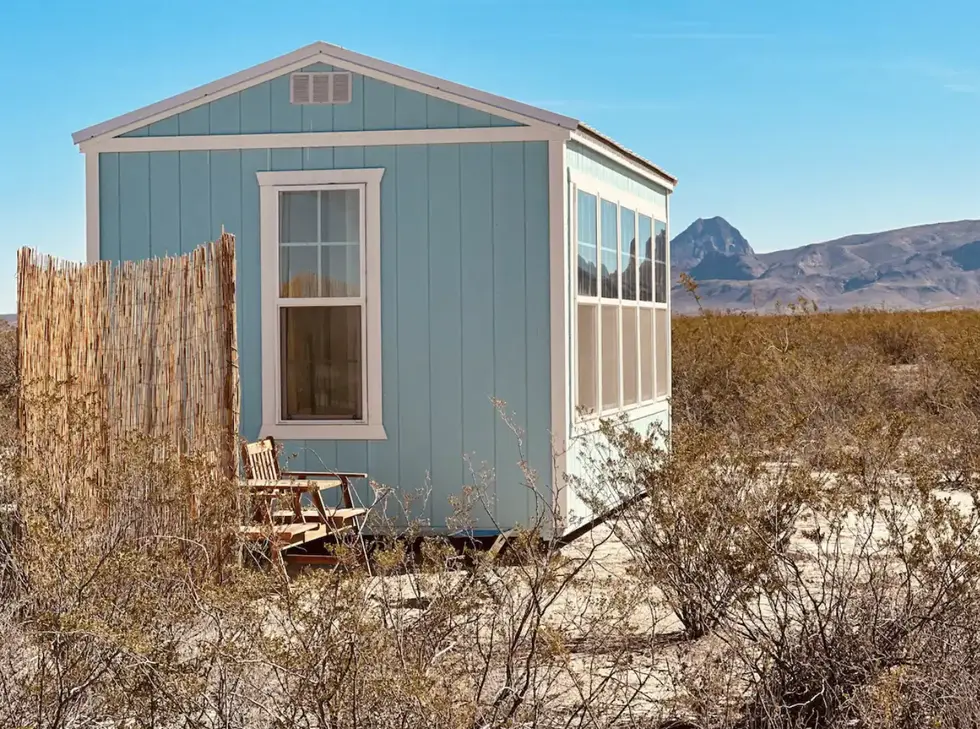
Tiny Houses Design Idea
Building your own Tiny House is an achievable and rewarding project that empowers you to create a personalized and environmentally conscious living space. By carefully considering the space requirements, materials, and design elements, you can construct a cozy and efficient Tiny Home that perfectly suits your lifestyle and values.
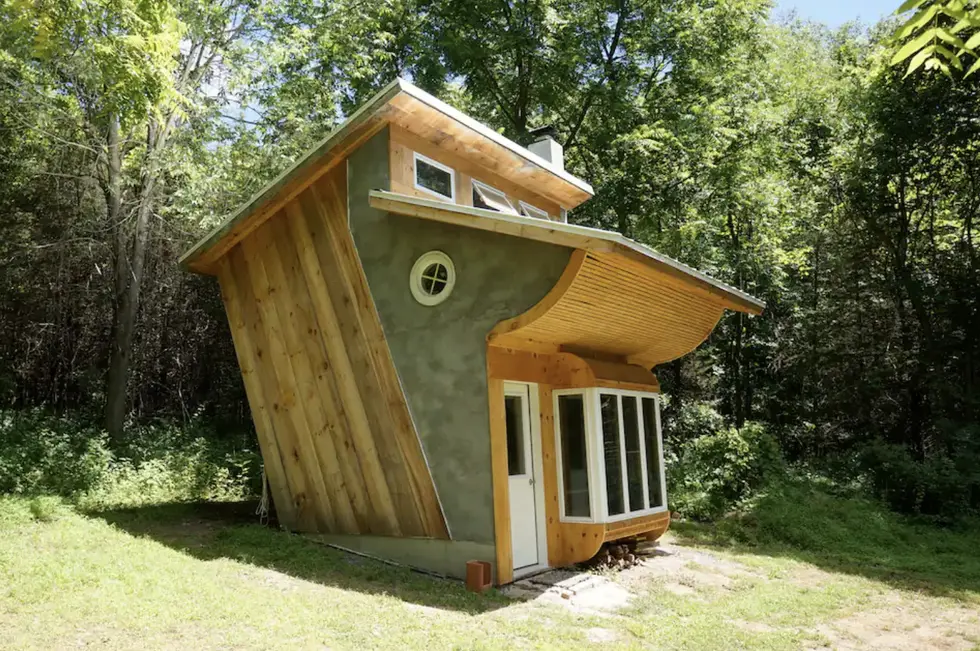
Tiny Houses Design

